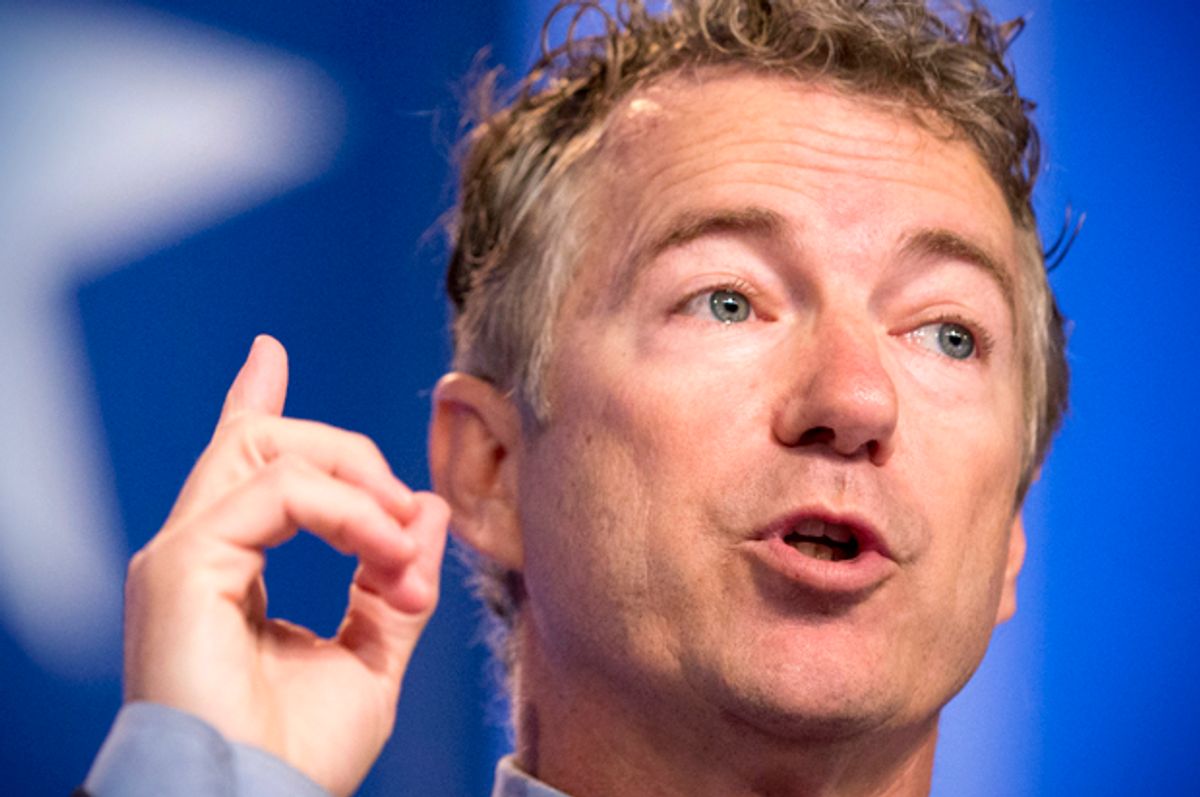I’m a relatively new parent. My nine-month-old boy is at this moment in the other room having an intense post-nap conversation with the ceiling fan. He is, thankfully, healthy and happy, and my wife and I have had more success than not in keeping him that way. (Though I will take this opportunity to apologize to him in writing for accidentally whacking his head on a light fixture while lifting him onto my shoulders a few weeks back: I’m very sorry.)
Part of that health-and-happiness regimen is strict adherence to the vaccination schedule recommended by his pediatrician. Getting shots is obviously not his favorite thing, and we don’t like seeing him stuck with needles, but the doctor’s office has cool superhero Band-Aids and, more importantly, our boy won’t contract some dangerous illnesses. Beyond the selfish desire to keep our offspring healthy, we also feel the shared responsibility to eliminate the risk of having him become the patient zero of a communicable disease outbreak.
The success of vaccination – of all public health campaigns – relies on trust. We put faith in medical professionals that they’re acting in everyone’s best interest, and that faith is undergirded by decades of medical research. The benefits of vaccination are well documented and vital to our collective health (you don’t see many people afflicted with smallpox these days). The arguments against vaccinating have been so thoroughly debunked that it’s impossible to mount a coherent argument against the practice. But even still, trust can be eroded when the people we put in positions of authority give unwarranted deference to discredited ideas.
And that brings us to Rand Paul, United States Senator from Kentucky and doctor of medicine. The last few months have witnessed two high-profile public health scares: the resurgence of measles as a consequence of anti-vaccine activism, and the Ebola panic. Few people in positions of authority have acted as irresponsibly in addressing these health concerns as Sen. Paul.
When health scares are in the news, print and broadcast networks inevitably ask Rand Paul for his opinion because he is a doctor (of ophthalmology, but a doctor nonetheless) and a likely 2016 presidential candidate. On vaccinations, Paul went on television yesterday and endorsed the centerpiece of the junk anti-vaccine argument: that the injections somehow induce autism and other mental disorders in young children. “I have heard of many tragic cases of walking, talking normal children who wound up with profound mental disorders after vaccines,” Paul said on CNBC. He may as well have laid blame for mental illness on an imbalance of the humors – he’d have been no less inaccurate.
He also presented the vaccination argument as a question of “freedom” from government tyranny. “The state doesn't own your children,” he argued. “Parents own the children, and it is an issue of freedom and public health.” That’s a very strange way of describing the parent-child relationship, but he’s right that the state does not own your kid. The state does, however, have a compelling interest in making sure your child/property isn’t a vector for highly contagious diseases. But behaving in a way that is dangerous – both for your child and the community – is your “freedom,” so fight the power and show big government that the tree of liberty must be refreshed from time to time with the pertussis-laden saliva of toddlers.
During the Ebola scare, Paul was a one-man panic machine, telling voters and TV audiences that the government was lying about Ebola’s communicability, that you could catch it at a cocktail party, and that there was a chance it could sweep the globe like the Spanish influenza pandemic of the early 20th century. Everything he said was designed to undermine public faith in the institutions charged with containing the disease, and to grossly inflate the danger posed by Ebola to the general public.
That is appalling behavior from an elected official and medical professional. And rhetoric like this has real and damaging consequences. Shortly after the CDC declared measles all-but eradicated in the U.S., Congress held hearings on immunization policy that featured “expert” testimony from since-discredited researchers who claimed that vaccines caused all manner of disorders. They were granted equal time and equal treatment by governing bodies and the press, which imbued their garbage arguments with unearned credibility.
The anti-vaccination movement, and all the harm it’s caused, is made possible in part because people in positions of authority are willing to take it seriously. The Ebola panic was so disproportionate to the actual threat because so many people were misinformed about the actual danger posed by the disease. In both cases, Rand Paul has acted as an agent of panic and harm, and that’s reprehensible behavior for a doctor and an elected official.

Shares